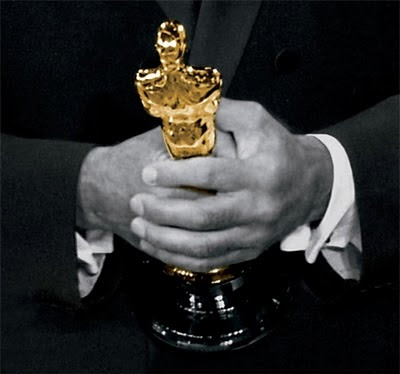But without being specific.
The Hitchcock film quoted here is "Shadow of a Doubt."
 In his variation, Park, a visual master beyond compare, takes the skeletal narrative of Hitchcock's 1943 film (Hitch's personal favorite) - a young woman's uneasy relationship with her uncle - and fuses it with his trademark painterly touches.
In his variation, Park, a visual master beyond compare, takes the skeletal narrative of Hitchcock's 1943 film (Hitch's personal favorite) - a young woman's uneasy relationship with her uncle - and fuses it with his trademark painterly touches. Not unexpectedly, "Stoker" is lush and lurid.
Joseph Cotten's Uncle Charlie becomes Matthew Goode's Uncle Charles. (Goode is effortlessly, playfully sinister here.) Mia Wasikowska takes on the Teresa Wright role of the niece who comes to realize that there's more to the odd behavior exhibited by her mysterious uncle. Nicole Kidman plays her frosty, peculiar mother (and Uncle Charles' sister-in-law) and there are choice cameo bits by Jacki Weaver, Dermot Mulroney, Harmony Korine, Alden Ehrenreich and Phyllis Somerville.
And C. Michael Andrews' clever titles design does Saul Bass proud.
"Stoker" is not necessarily "Shadow of a Doubt's" exact twin - it is more sensual and way broader in its chills - but, one day, the two will make an interesting double-bill to compare and contrast.


























